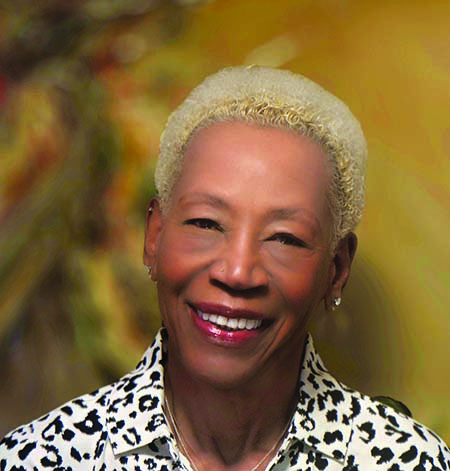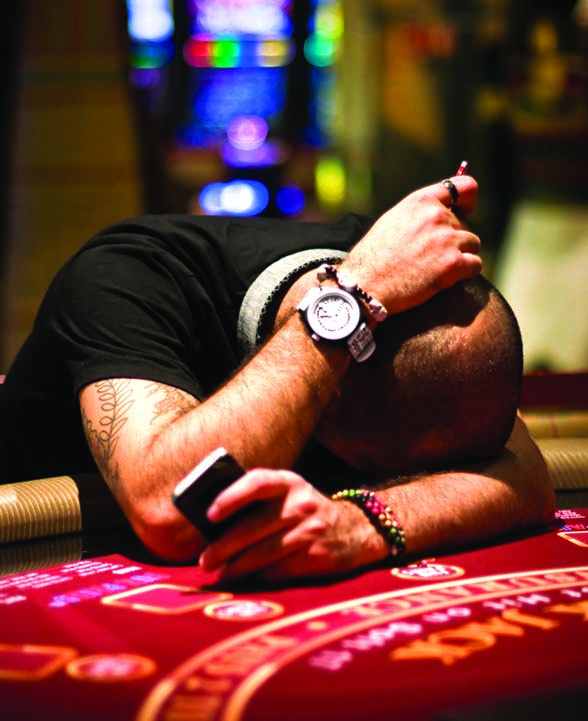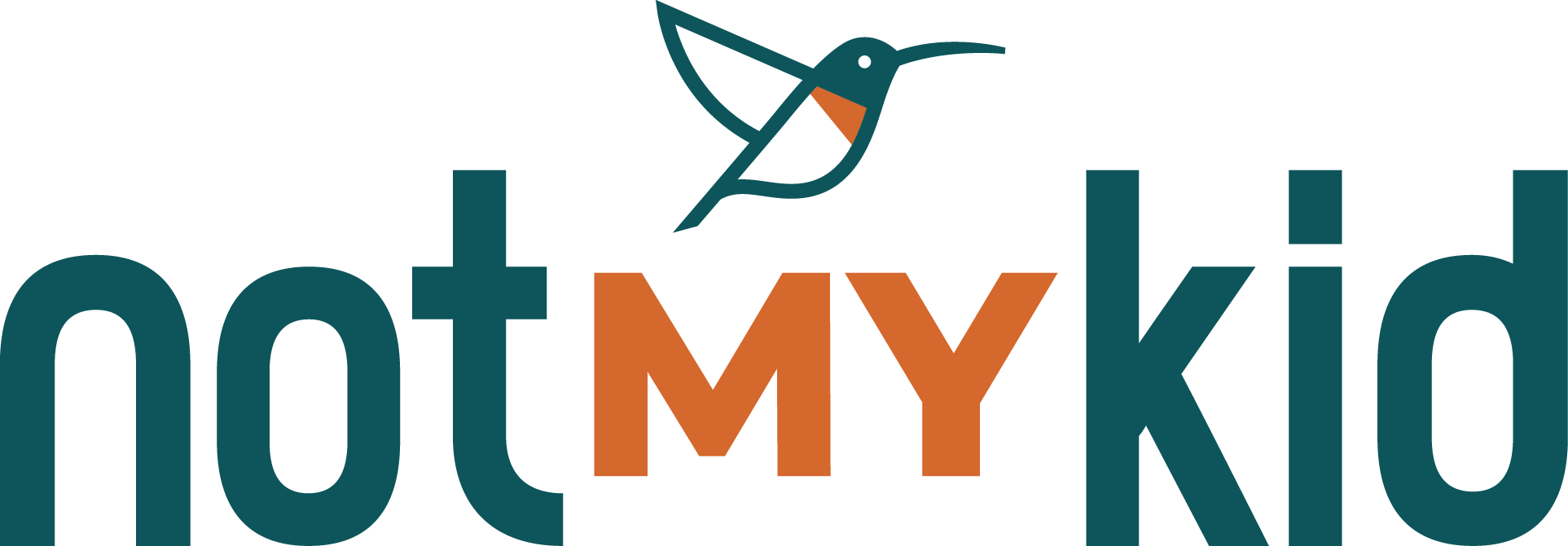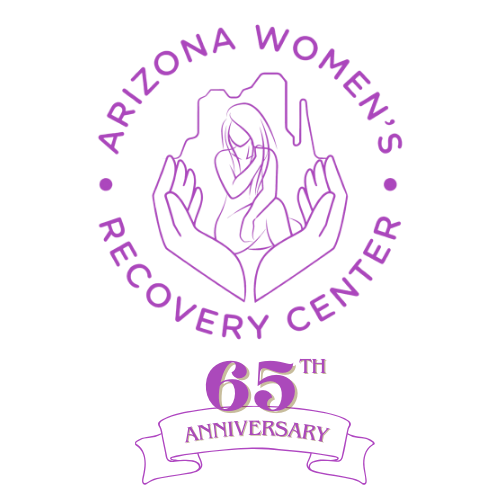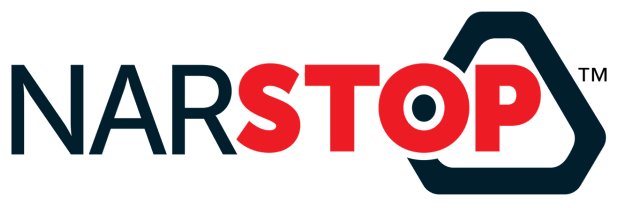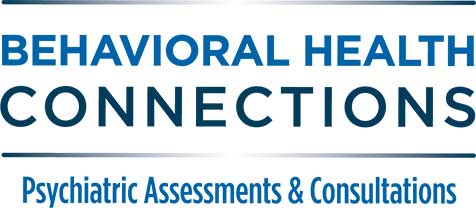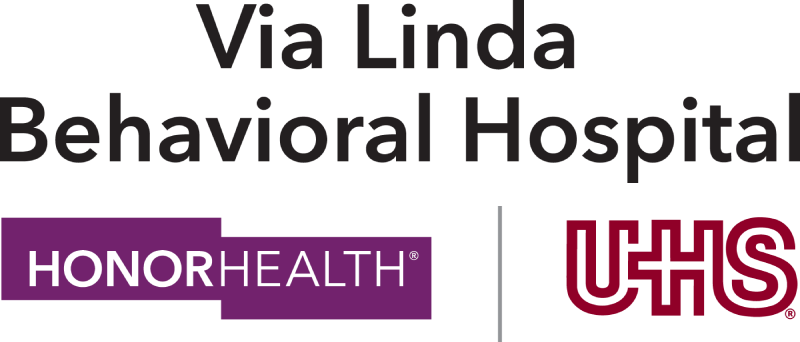A Counselor’s Perspective:
Finding Healthy Alternatives to Gambling in the Summer Months
By Bobbe McGinley, Provider for the Division of Problem Gambling
Founder of ACT—Counseling & Education
Clinical Director, Recovery in the Pines and Birches Health
Gambling addiction, also known as gambling disorder, is a serious condition characterized by an inability to resist the urge to gamble, leading to severe personal, social, and financial consequences. As a counselor, I’ve witnessed the devastating effects of this disorder on individuals and their families. However, there are numerous healthy alternatives to gambling that can help individuals regain control over their lives and find fulfillment in more constructive activities. This article explores these alternatives, backed by clinical and scholarly sources, offering a comprehensive guide for those seeking a healthier path.
Understanding Gambling Addiction
Gambling disorder is a behavioral addiction that shares similarities with substance abuse disorders. It activates the brain’s reward system similarly to drugs and alcohol, leading to compulsive behavior despite negative consequences. According to the American Psychiatric Association’s Diagnostic and Statistical Manual of Mental Disorders (DSM-5), gambling disorder involves persistent and recurrent problematic gambling behavior leading to clinically significant impairment or distress (American Psychiatric Association, 2013).
The Importance of Healthy Alternatives
Finding healthy alternatives to gambling is crucial for recovery. These alternatives serve multiple purposes: they help individuals develop new interests, build a supportive community, and learn to manage stress and emotions without resorting to gambling. Here are some evidence-based alternatives I often recommend.
Physical Exercise
Engaging in regular physical exercise is a highly effective alternative to gambling. Exercise releases endorphins, which are natural mood lifters, and helps reduce stress and anxiety. Physical activity can significantly reduce the urge to gamble and improve overall mental health (Tomei et al., 2017). Activities such as running, swimming, or joining your favorite fitness class can provide structure and a sense of accomplishment to encourage recovery.
Mindfulness and Meditation
Mindfulness and meditation practices have been shown to help individuals manage cravings and reduce the symptoms of gambling addiction. Mindfulness involves paying attention to the present moment without judgment, which can help individuals become more aware of their urges and develop better control over their impulses. Recent studies highlight that mindfulness-based interventions may decrease gambling frequency and improve psychological well-being (de Lisle et al., 2011).
Social Support and Community Involvement
Building a strong social support network is essential for recovery. Participating in community activities or support groups can provide a sense of belonging and reduce feelings of isolation. Gamblers Anonymous (GA) is a well-known support group modeled after Alcoholics Anonymous that offers a supportive environment for individuals to share their experiences and gain support from others who understand their struggles (Ferentzy & Turner, 2013).
Hobbies and Creative Activities
Pursuing hobbies and creative activities can serve as a healthy distraction from gambling. Engaging in activities such as painting, playing a musical instrument, or gardening can provide a sense of purpose and satisfaction. These activities can also help individuals develop new skills and interests, contributing to a more balanced and fulfilling life. To pursue them fully, creative activities can enhance mental well-being and provide a constructive outlet for emotions (Stuckey & Nobel, 2010).
Cognitive Behavioral Therapy (CBT)
Cognitive Behavioral Therapy (CBT) is a well-established therapeutic approach for treating gambling addiction. CBT helps individuals identify and change negative thought patterns and behaviors associated with gambling. It also teaches coping strategies to deal with stress and triggers.
Implementing Healthy Alternatives
For individuals seeking to replace gambling with healthier alternatives, it is essential to develop a personalized plan that addresses their specific needs and interests. Here are some practical steps to get started:
Identify Triggers: Recognize the situations, emotions, or thoughts that trigger the urge to gamble. This awareness can help in developing strategies to avoid or manage these triggers.
Set Realistic Goals: Establish short-term and long-term goals for reducing gambling and increasing engagement in healthy activities. Celebrate small victories along the way.
Seek Professional Help: A therapist can provide guidance, support, and accountability. They can also recommend specific interventions, such as CBT or Motivational Interviewing (MI), that have been proven effective for treating gambling addiction.
Build a Support Network: Surround yourself with supportive friends, family, or peers who encourage your efforts to quit gambling and engage in healthier activities.
Monitor Progress: Keep track of your progress and make adjustments to your plan as needed. Regularly reviewing your goals and achievements can help maintain motivation.
Overcoming gambling addiction is a challenging journey, but finding healthy alternatives can make a significant difference in the recovery process. Physical exercise, mindfulness, social support, creative activities, and counseling are all effective strategies that can help individuals regain control over their lives and achieve lasting well-being. By embracing these alternatives and seeking professional help, individuals can break free from the grip of gambling addiction and build a more fulfilling, balanced life. By exploring these alternatives and understanding the importance of professional support, individuals can embark on a path toward recovery and a healthier, more balanced life.
References
– American Psychiatric Association. (2013). Diagnostic and Statistical Manual of Mental Disorders (5th ed.). Arlington, VA: American Psychiatric Publishing.
– Cowlishaw, S., Merkouris, S., Dowling, N., Anderson, C., Jackson, A., & Thomas, S. (2012). Psychological therapies for pathological and problem gambling. Cochrane Database of Systematic Reviews, (11).
– de Lisle, S. M., Dowling, N. A., & Allen, J. S. (2011). Mindfulness and problem gambling: A review of the literature. Journal of Gambling Studies, 27(3), 709-723.
– Ferentzy, P., & Turner, N. E. (2013). Gambling and problem gambling in Canada: Research and policy implications. Springer Science & Business Media.
– Stuckey, H. L., & Nobel, J. (2010). The connection between art, healing, and public health: A review of current literature. Arts & Health, 2(1), 65-77.
– Tomei, A., Borraccino, A., Allais, G., Rolando, S., Salerno, S., & Montagna, P. (2017). Physical exercise in the treatment of gambling disorders: A pilot study. Journal of Behavioral Addictions, 6(2), 258-264.


